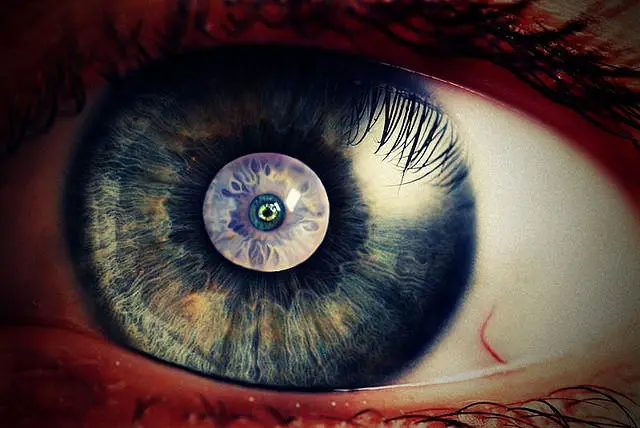Why is consciousness so perplexing to so many? Perhaps, owing to our being conscious, we regard ourselves as experts on the matter, and it seems to us blindingly obvious that consciousness could not possibly be a brain state or process. We have a front-row seat, an unmediated first-hand awareness of what conscious experiences are like, and we know well-enough what brain processes are like. The two could not be more different.
In the hands of philosophers, this sentiment is transmuted into the doctrine that consciousness cannot be identified with, or ‘reduced to’, anything physical. The reduction in question must be a relation among explanations, or predicates, not as it is sometimes cast, a relation among properties. What would it be to reduce something to something else? If the As are not reducible to the Bs, explanations of the As could not be derived from explanations of the Bs, nor could A-terms be analysed or paraphrased in a B-vocabulary.
In the hands of philosophers, consciousness cannot be identified with, or 'reduced to', anything physical.
Why does our confidence in the outré character of consciousness not extend to tables and trees? Take tables. We know what tables are like, and we know what physics reveals about their makeup. Individual tables are solid, coloured, smooth to the touch, but physics tells us that tables are, as Eddington put it, mostly empty space sparsely populated by colourless particles. Or tables might turn out to be perturbations in fields, thickenings in spacetime, or something stranger still. We are content to leave it to physics to discover the nature of whatever it is that makes assertions about individual tables true, thereby telling us what those tables are.
Our inability to extract truths about tables from truths about particles or fields is unremarkable: tables are, in this regard, irreducible. What would be remarkable is someone’s insisting that from this it follows that tables could not possibly be clouds of particles or disturbances in fields, because tables obviously differ from such things. Claims to the effect that tables ‘arise’ or ‘emerge’ from clouds of particles or perturbations in fields, while more common, would be no less remarkable.
Why not think the same of consciousness? Why not think that neuroscience, and ultimately physics, might eventually reveal the nature of whatever makes particular ascriptions of consciousness true, what consciousness is?
Two shibboleths bar the way.
First, qualities of conscious experiences present themselves as altogether unlike anything neuroscience is likely to uncover. Qualities of your visual experience of a ripe tomato seem altogether unlike qualities, however fine-grained, of your brain. Observations of brains are, in theory at least, unexceptionable, but talk of observing another’s experiences is patent nonsense.
SUGGESTED VIEWING The Mind's Eye With David Malone, Nicholas Humphrey, Galen Strawson, Shaun Ley
Second, each of us enjoys immediate access to our own conscious states, each of us occupies a ‘first-person perspective’ on our own experiences. Others might observe your brain, and goings-on in your brain. Your brain is open to the public, not so your experiences. You alone can experience your experiences, you alone can know first-hand what they are like.
Your brain is open to the public, not so your experiences. You alone can experience your experiences, you alone can know first-hand what they are like.
The two shibboleths rest on a common misapprehension. Consider an uncontroversial distinction between
• your observing something’s being in a state or undergoing a process;
• that something’s being in that state or undergoing that process.
















Join the conversation